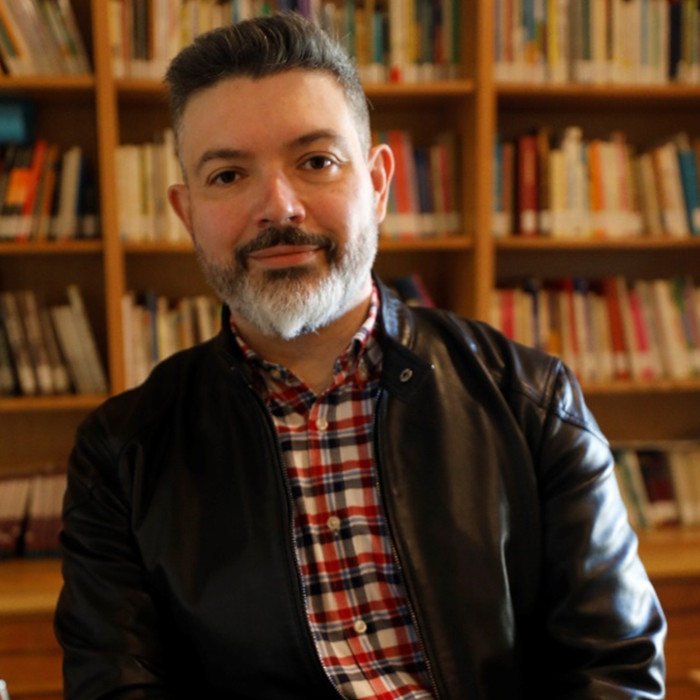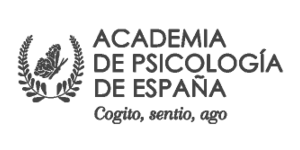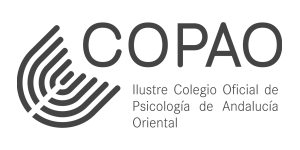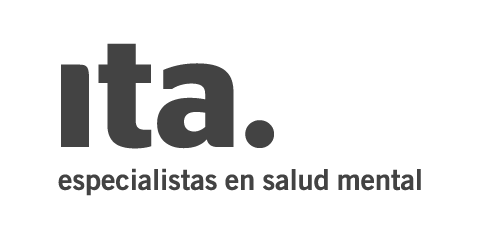Speaker

JOAQUÍN MANUEL GONZÁLEZ CABRERA
INTERNATIONAL UNIVERSITY OF LA RIOJA. SPAIN
He holds a Bachelor’s and Ph.D. in Psychology from the University of Granada (UGR). He also holds a Master’s in Psychology of Social Intervention and a Master’s in Research and Advances in Preventive Medicine and Public Health from the same university. He has received four research grants/contracts through public calls.
He is accredited as a Full Professor by ANECA (Level I), although he currently works as a Senior Researcher at the Institute for Transfer and Research (ITEI) at the International University of La Rioja (UNIR). He is the Principal Investigator of the Consolidated Research Group on Cyberpsychology at UNIR.
With over 100 publications, most in JCR-indexed journals, he has been awarded two six-year research evaluation periods (2007-2014/2015-2020). He has collaborated as a researcher in numerous projects, including two international ones, and has been the Principal Investigator in eight projects. Four of these were funded by public competitive calls, including the National R&D&I Program Oriented to Society’s Challenges, the Ministry of Science, Innovation, and Universities, the Ministry of Consumer Affairs, and Knowledge Generation Projects.
Overall, he has collaborated with over 350 schools and evaluated more than 110,000 students in various national and international projects and initiatives. His research focus has been on bullying and online risks among children and adolescents.
Cyber-Risk Prevention Work
In the field of psycho-educational prevention of online risks, he collaborates with over 100 schools in Spain, where many implement the Multi-Risk Internet Prevention Program (www.programasafety.net) and the Prevention Program for Dysfunctional Internet Risks (www.programadominus.net).
Currently, he is developing a parental mediation training program (Project HESTIA) and other wise interventions aimed at reducing long-term victimization and loot box consumption in adolescents.
Professional and Editorial Roles
He has served as Director of Secretariat in the Vice-Rectorate for Students at the University of Granada and Coordinator of the Department of Educational Psychology and Psychobiology (both undergraduate and postgraduate programs) at UNIR.
He is also an Associate Editor of several JCR-indexed journals and has secured nearly a dozen knowledge transfer contracts.
As a science communicator, he has contributed to numerous media outlets, translating research into public discourse through the Cyberpsychology Research Group, accumulating over 2,000 media appearances, including RTVE, Cadena SER, Cadena COPE, El País, ABC, El Mundo, RTPA, RNE, and La Nueva España, among others.
Co-constructing the reality of children, adolescents, and their families: Online parental mediation and its relationship with Internet risks

The co-construction of reality in adolescents refers to the process by which they create and shape their identity and experiences through the constant interaction between their offline (physical) and online (Internet) realities. This phenomenon has been particularly facilitated by the normative use of advanced mobile devices and continuous Internet connectivity, characteristics of Generation Z (born in the late 20th century) and Generation Alpha (since 2010). As a result, traditional psychosocial problems such as bullying have found their online counterparts, such as cyberbullying. Furthermore, new risks have emerged, both relational, such as sexting and cyber-spoofing of minors, and those related to the problematic use of technology, such as nomophobia, Internet gaming disorder, and online gambling. These problems can occur independently, overlap, or accumulate during adolescence, a stage marked by emotional, social, and cognitive changes that require special attention.
One of the main protective factors in this context must be the family and its role in parenting. Concern for parenting has historically been linked to concepts such as attachment parenting and the use of rules. With the popularization of the Internet, a new context has emerged: the online world. Online parental mediation is defined as the efforts of parents to encourage positive uses of technology and mitigate potential risks. This symposium aims to provide evidence on the role of online parental mediation in addressing Internet risks, through new conceptualizations, longitudinal studies, and an innovative prevention proposal.












